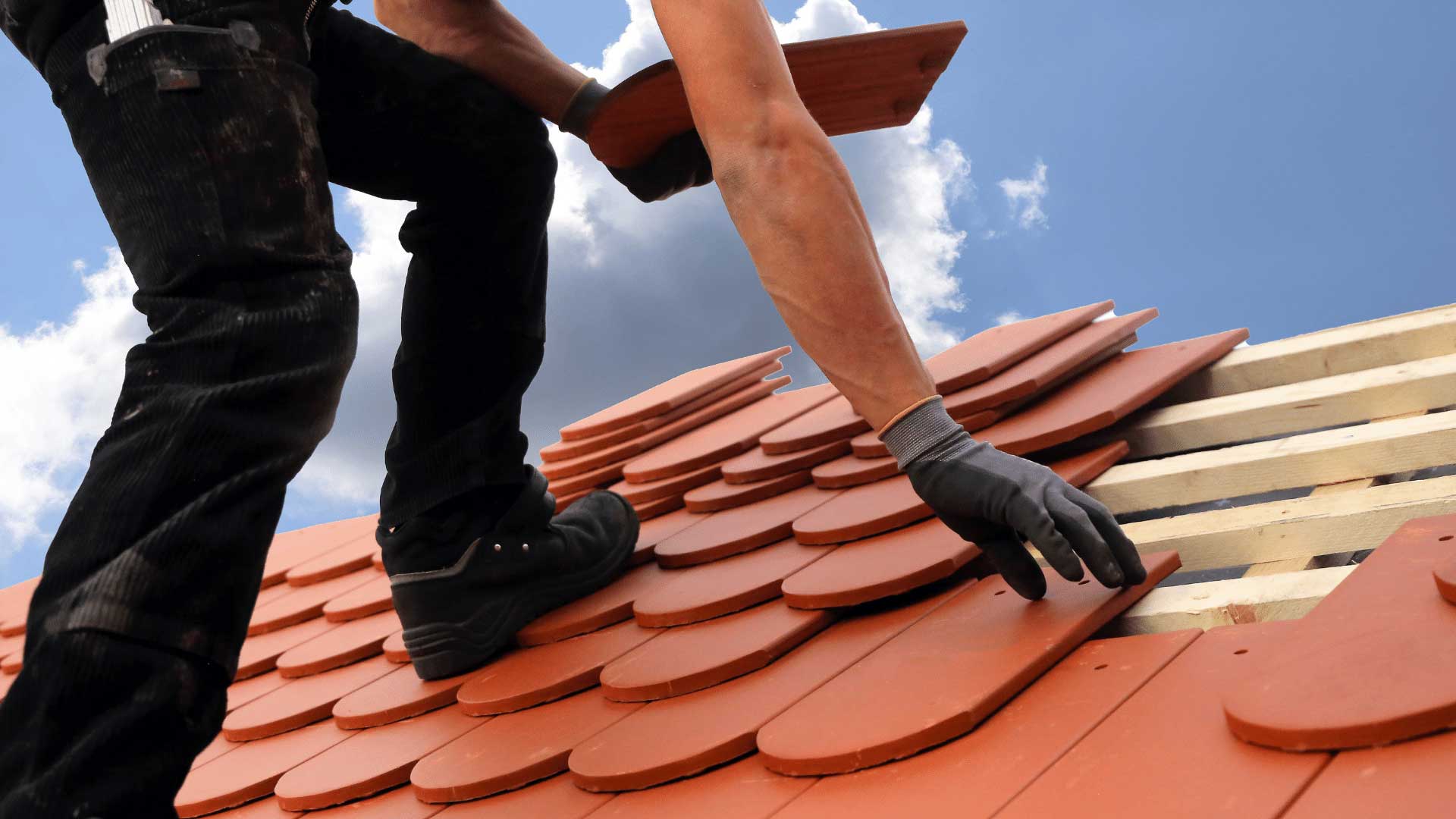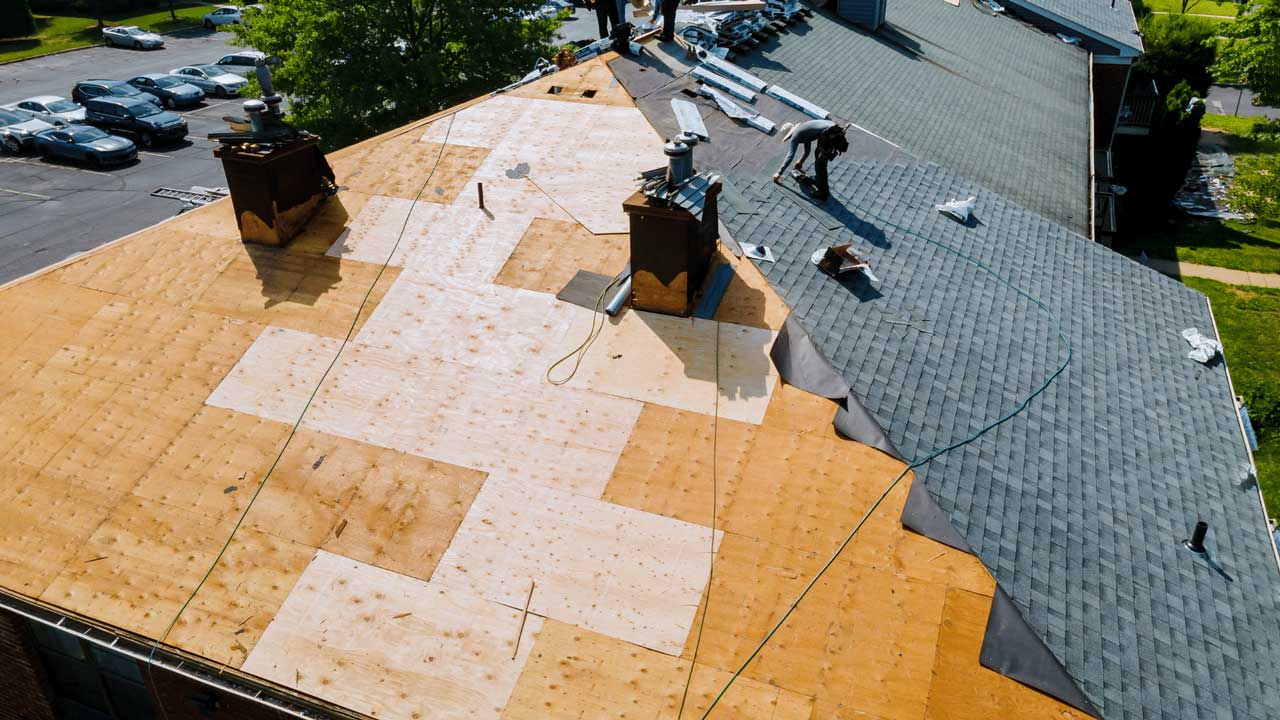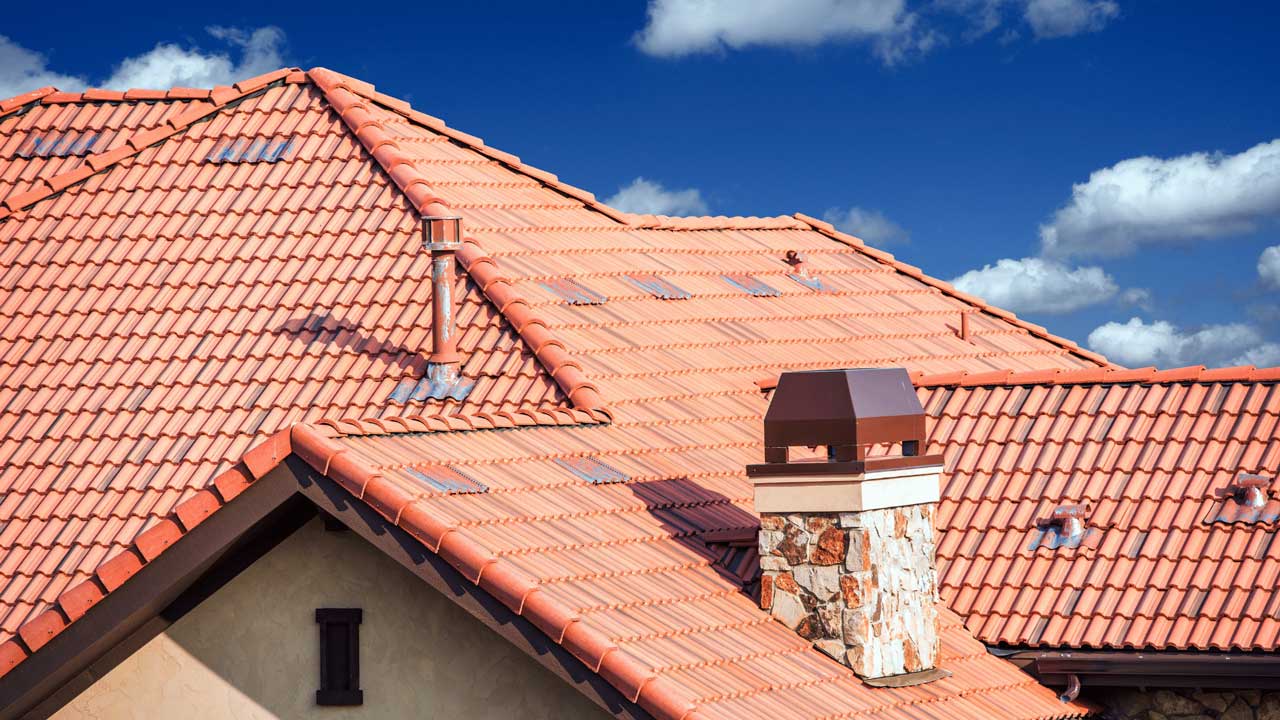Roofs provide vital protection for homes and other structures, shielding them from the elements. As such, it is important to understand how much warranty coverage one can expect when having their roof installed in Texas. This article will explore the amount of years of warranty coverage available for roofing projects in Texas.
The state of Texas has a number of regulations regarding warranties on roofs that are sold or installed in the area. These include both manufacturer’s warranties as well as warranties offered by installers. It is important to note that while many states have uniform standards for roofing materials, some localities may have additional requirements which must be met before any warranty applies.
In addition to these considerations, there is also a need to consider the type of material used and its expected lifespan when estimating what level of warranty should be expected in Texas. By understanding all aspects involved with roofing and warranty coverage in this region, homeowners can make informed decisions about their investments and ensure they receive maximum protection over time.

Overview Of Roofing Warranties In Texas
Texas is a state that has specific regulations for roofing warranties. Roofers in this area must provide customers with written documents detailing the terms and duration of their warranty coverage. When it comes to residential roofs, most companies offer either a limited lifetime warranty or 10-year non-prorated material coverage. These warranties are often supplemented by additional guarantees from the manufacturer such as wind damage protection and leak repair service. Commercial roofing products typically come with 20-year warranties but can be extended up to 30 years depending on the type of roof system installed. In any case, it is important to read through all details provided by the contractor prior to agreeing to any contract so that you understand exactly what your warranty entails.
Types Of Roofing Warranties
Texas roofing warranties are divided into two main categories: manufacturer and contractor. Manufacturer warranties typically cover the cost of replacement materials for a stated period after installation, such as 10 or 15 years. These warranties may also include labor costs associated with repairs due to manufacturing defects. Contractor warranties, on the other hand, provide coverage beyond the manufacturer’s warranty by covering labor costs associated with replacing materials that fail due to improper installation or workmanship. Generally, these contractor warranties last for up to five years from completion of the project. It is important to note that both types of guarantees are subject to certain restrictions and exclusions. For example, damage caused by natural disasters may not be covered in either type of warranty. Additionally, some manufacturers do not offer any guarantee on their products at all. When selecting a roofer, it is important to inquire about what kind of guarantee they offer and ensure it meets your needs before making a decision.
Manufacturer’s Warranty
In Texas, roofing warranties vary depending on the manufacturer and product. The most common type of warranty is a limited lifetime warranty which covers materials and labor for as long as the homeowner owns their home. Some manufacturers offer longer warranties that may cover up to 30 years or more. In addition, some warranties will include additional coverage such as hail damage or wind uplift protection.
It is important for homeowners to check with their chosen manufacturer to determine what type of warranty they are offering and if any additional coverage is available. Homeowners should also read the terms and conditions carefully to ensure they understand exactly what is covered by the warranty before making a purchase decision.

Contractor’s Warranty
In Texas, roofing contractors must provide a minimum of one-year warranty on workmanship and materials. This is established by the Texas Department of Insurance (TDI). The contractor may choose to offer additional warranties beyond this, including longer warranties for labor or material defects. Furthermore, if there are any changes made to the original agreement between the contractor and homeowner after installation of the roof is complete, then those changes need to be included in a written contract that should also include any extended warranty timeframes.
It is important for homeowners to read and understand all agreements before signing them. Additionally, they should have copies of all documents related to their roofing project that includes details about the warranties offered by their contractor. Knowing what kind of coverage your contractor offers can help you make an informed decision when it comes to selecting a reputable roofing company that will stand behind its work.
How To Choose The Right Warranty For Your Home
When it comes to choosing the right warranty for your home, there are a few key factors to consider. One of these is the length and coverage of the warranty. Generally speaking, roofing warranties in Texas come with a 5-year minimum duration, which covers labor and materials that were used during installation or repair. Most providers also include additional coverage such as hail damage protection and water leakage protection within this period.
It is important to understand what type of damages may be covered by the warranty before making a purchase decision. It is advisable to ask questions about any exclusions from the scope of coverage such as whether accidental damage caused by third parties will be covered or not. Additionally, you should inquire about how quickly claims can be processed and if there are other requirements when it comes time to make a claim on the policy. Taking all of these factors into consideration can help ensure that you select the best possible warranty for your needs.
What Is Covered Under A Roofing Warranty
A roofing warranty is a form of protection for homeowners and provides coverage for defects in both the workmanship and materials used to construct, repair or replace a roof. This type of warranty typically covers any repairs that are necessary due to faulty installation or material failure resulting in leaks. Generally, warranties range from five to twenty years depending on the contractor, with some offering additional extended warranties as well.
The coverage provided by a roofing warranty will vary according to each individual contract requirements, however typical provisions include labor costs associated with repairing defective parts; replacement of shingle materials damaged during installation; and debris removal which may be necessary due to storm damage. Additionally, most manufacturers’ warranties cover the cost of all new components required if an issue should arise within the specified time period. In Texas, the average length of coverage offered by contractors is ten years.

Common Exclusions Under A Roofing Warranty
Roofing warranties in Texas are typically offered for five to twenty years and may be extended up to fifty years depending on the product used. Generally, there is a fee associated with extending the warranty past five or ten years. While roofing warranties provide coverage against defects caused by poor workmanship or faulty materials, they generally do not cover damage due to normal wear and tear, improper installation of products, extreme weather conditions or any other acts of nature.
Additionally, some manufacturers have specific exclusions included in their roofing warranties such as inadequate maintenance, failure to follow manufacturer’s instructions for care and use, unauthorized repairs and alterations made without written consent from the manufacturer.
Furthermore, certain types of roofs may not be covered under a standard warranty – flat roofs are more prone to water infiltration than sloped roofs so most warranties will only cover pitched roofs. Regardless of what type of roof you have installed it is important that all parties involved understand what is excluded from the warranty before signing anything.
